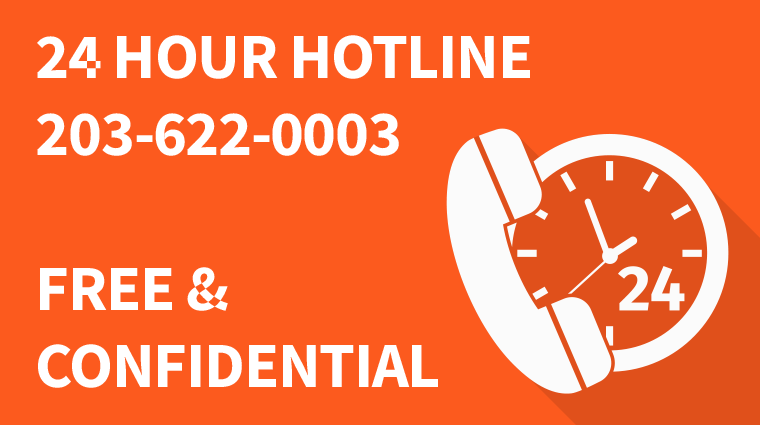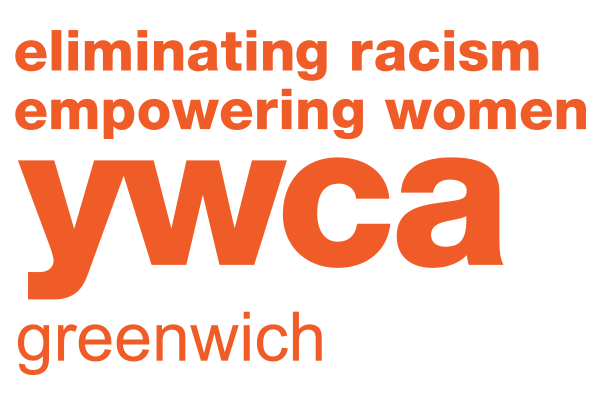Helping Someone You Care About
Family, friends and co-workers of someone experiencing domestic violence can be critical links to services for a victim seeking safety.
How can I help?
- Listen: Sometimes a victim just needs someone to hear them.
- Don’t judge: Victims don’t need to hear: "If it was me, I wouldn’t put up with that" or "I would leave." It may be a lot more complicated than you realize, and they may be in fear of the consequences of their actions.
- Be supportive: Let them know that they're not alone. Offer to sit with them while they call our hotline or offer to bring them to YWCA Greenwich for a counseling appointment. Your support may make the difference in whether or not they seek help.
- Get support for yourself: You may also be experiencing frustration, or even secondary trauma, as you try to offer support. You can contact YWCA Greenwich to speak with a counselor about planning for your own physical and emotional safety.
Call our hotline at 203-622-0003 to get support in helping someone you care about.

Comprehensive Domestic Abuse Services for Greenwich CT. Here When You Need Us
Helpful things to say
- I believe you
- I am afraid for your safety
- I am afraid for the safety of your children
- You don’t deserve to be treated this way
- What can I do to help? What is it you need right now?
- I am so sorry that this has happened to you
- I’m here to listen, if you want to talk
- No one has the right to be abusive – no matter what
- Many people have experienced this (You are not alone)
- YWCA Domestic Abuse Services may be able to give you some ideas and support
What should I do if a co-worker (friend/family member/neighbor) is being abused?
| Do | Dont |
|---|---|
| Support them | Try to rescue them |
| Listen in a non-judgemental way | Blame or criticize |
| Validate them | Tell them what to do |
| Assure confidentiality and privacy | Intervene beyond your own capability |
| Ask how you can help | Put yourself at risk |
| Be patient | Confront the abuser |
| Help them identify their own strengths | Ask too many questions. Let them open up at their own pace. |
| Remind them the abuse is not their fault | Place a hotline card in their purse or send an email or text |
| Encourage them to engage with YWCA Domestic Abuse Services and offer to call or go with them if you feel safe | Force them to talk to you |
| State clearly why you are concerned | Assume they don't want to ever talk about it |
| Let them know that you know how to get help | Publicly talk about it |
| Accept whatever they say | |
| Reassure them that the lines of communication are always open | |
| Carefully and privately document any overt evidence of abuse |

